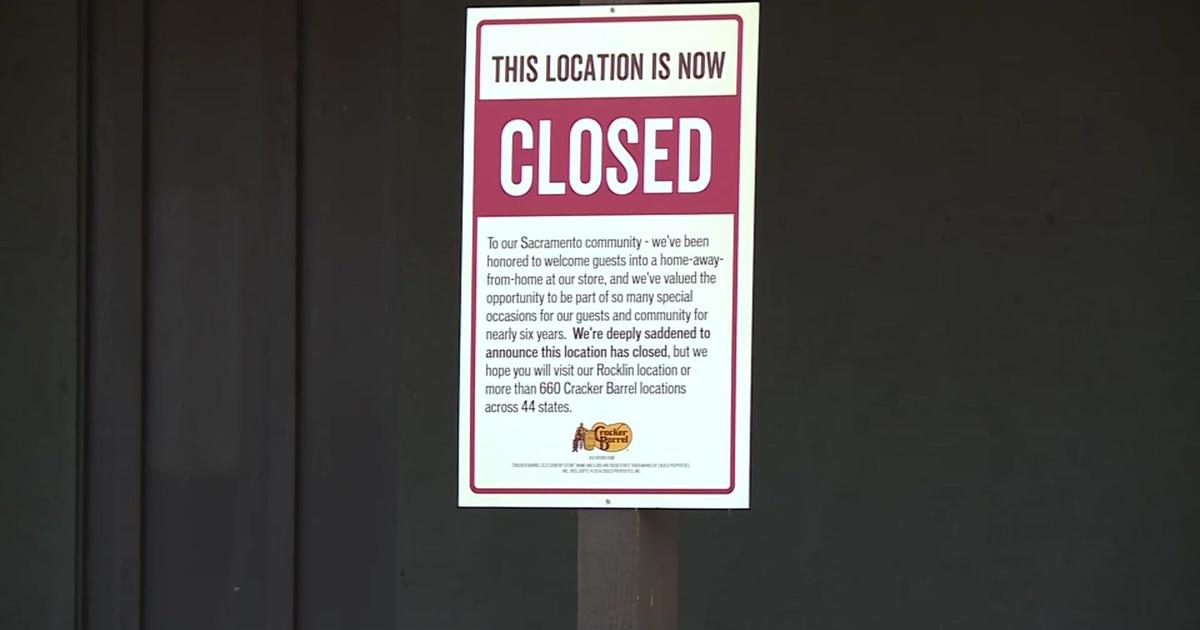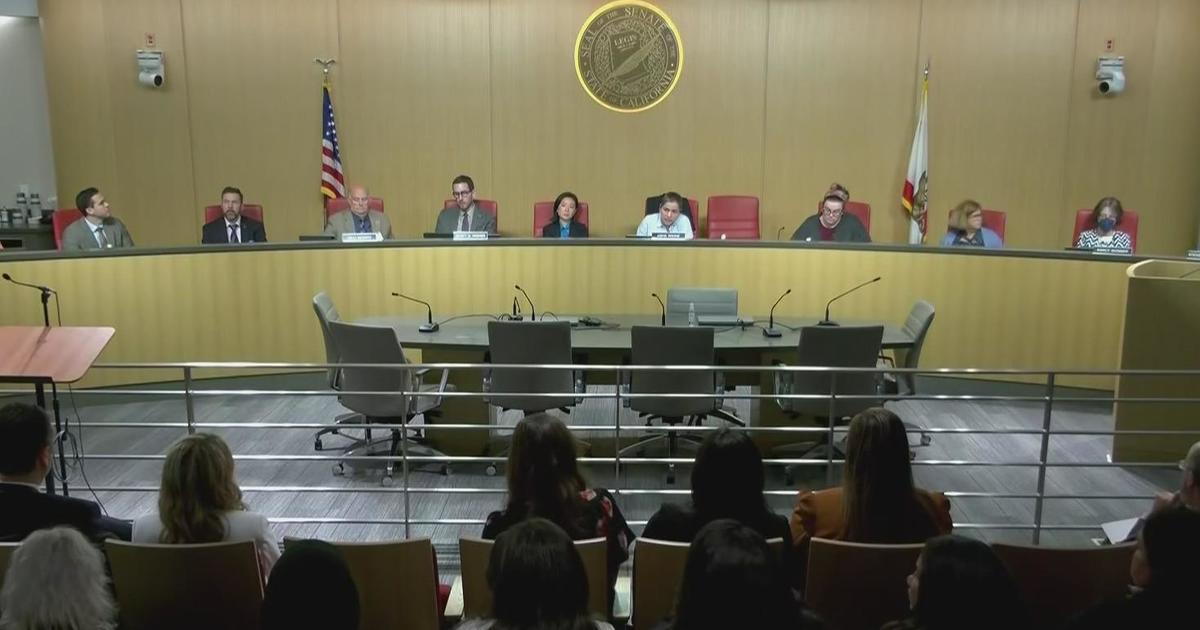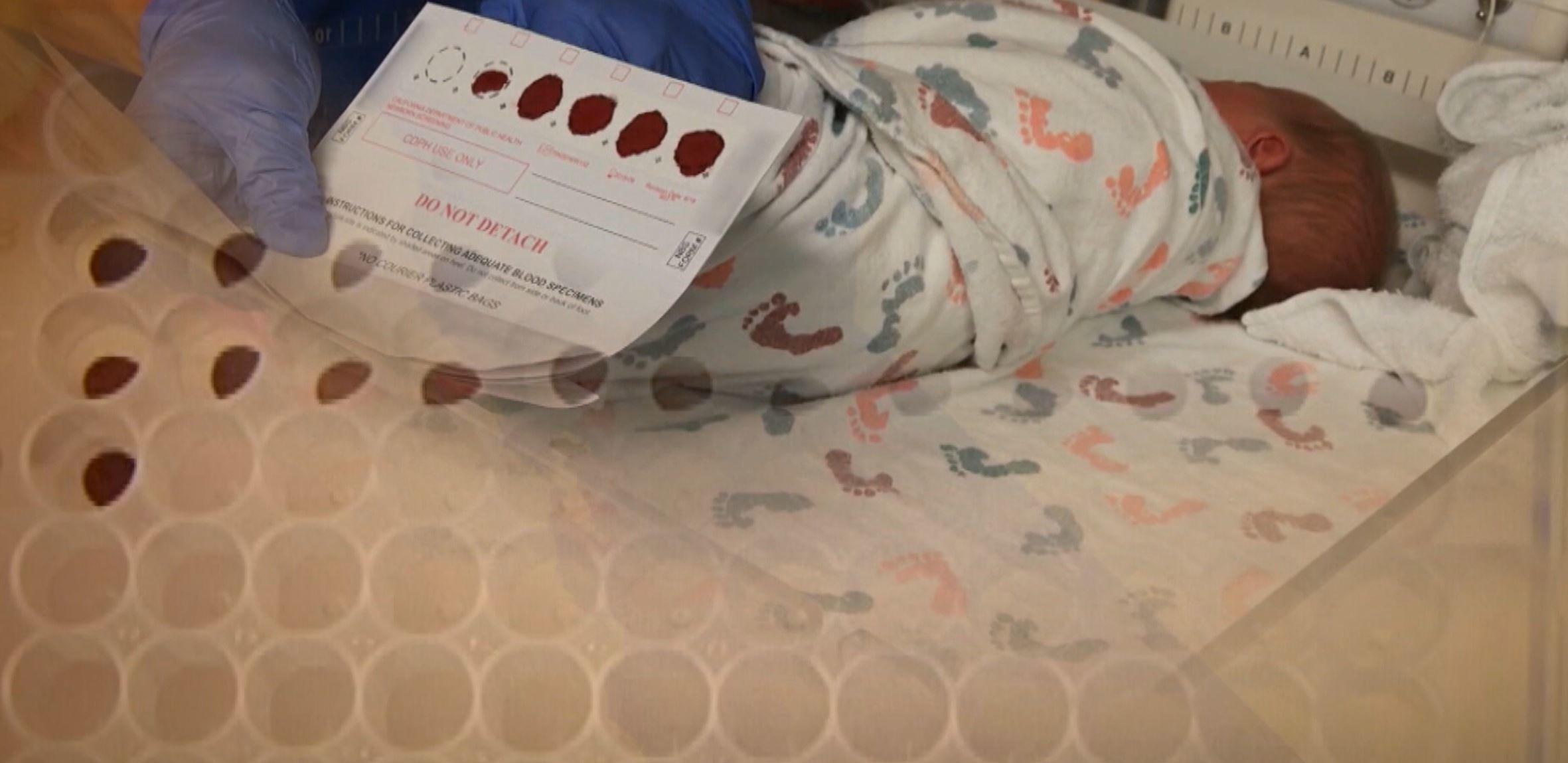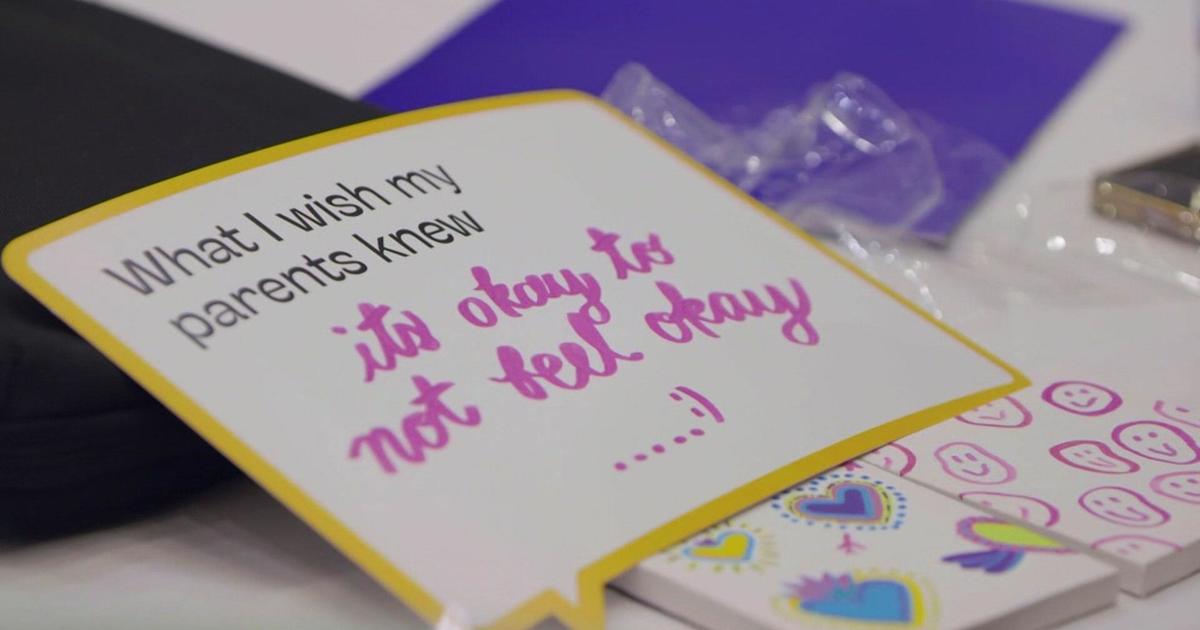The Life Penalty: Sterilizing California
SACRAMENTO (CBS13) -- "All I could hear was... snip, snip, snip... like scissors," remembers Charles Follett.
It's been 65 years, but Charles clearly remembers the sound of the operation that literally changed his life. He now lives in a care home in Stockton.
"That's my sister that's me," he says pointing to an old photo in his hand.
Pictures from his childhood conjure conflicting emotions. His mother was an alcoholic. Charles was bounced from one relative's home in Stockton to another. His parents divorced when he was young.
"My mother and dad used to fight all the time."
At age 12, without explanation, he was institutionalized at the Sonoma State Hospital in Sonoma, California; its name has since changed to the Sonoma Development Center. The institution was originally created for the mentally disabled.
But as California laws not only allowed for, but also expanded, the practice of sterilization, people were forced to undergo the procedure for a wide range of reasons -- pre-marital sex, truancy, being so-called dim-witted. Children were even sent here for masturbating.
Charles was held at the institution for nearly a decade. He says he was pretty much alone and only given a 6th grade education which made finding a job later nearly impossible.
"What I know of schooling now I've learned the hard way."
It has been a hard life. Not long ago Charles was homeless living in his car for more than three years.
Charles became one of the more than 20,000 Californians sterilized between 1909 and 1964.
"I was on the table, felt helpless, couldn't do anything about it."
He was only 15 years old.
"Felt like they was pulling my whole insides out... they didn't tell me why they were doing it or what was causing it. They just said they were authorized to do it," he said.
Why he was sterilized was never made perfectly clear.
"According to my mother the reason why they sterilized me so I could come home earlier. She said I going to have you sterilized so I can take you home sooner."
Following the operation, his mother did not take him home. Charles was held at the institution another six years until he turned 21.
The state issued a resolution (Senate Resolution No. 20) in 2003 apologizing to victims of the program called eugenics. The proclamation acknowledged that the goal was "racial betterment through the elimination of hereditary disorders or genetic defects by mean of sterilization..."
Eugenics is now history, but it's a chapter of California's past that's uncomfortable for many to discuss.
"I think for the victims, we can call them victims, there is a lot of shame since that's something they don't want to share," says U.C. Davis history professor Miroslava Chavez-Garcia. "A lot of them don't know how to explain what happened to them."
Professor Chavez-Garcia has an upcoming book which includes the use of eugenics on boys in reform schools.
"It was a way to identify those who they believed to be unfit, that they believed to be contaminating society," she says.
Sound familiar? It should.
Adolph Hitler was heavily influenced by California's eugenics program, which set the foundation for what he termed racial hygiene, which led to the Holocaust. California was manipulating its own gene pool.
There was no medical reason for Charlie to have the operation.
The state may have wanted to prevent him from passing on his mother's alcoholism trait, but Charlie believes the real reason is more painful -- that his mother wanted revenge against her ex-husband, Charlie's father.
"Her was she had me satirized (sic) was cut off his name right now."
The operation kept him from passing on the family name and doomed his adult relationships.
"There were two or three girls I was going with. As soon as I told them I couldn't have any children they took off."
Eventually he started hiding the truth, and married.
"She wanted a child so darn bad it was pitiful and I couldn't give it to her."
His wife died years ago. Despite how desperately she wanted a child Charles says he has no remorse he never told her about the operation.
"If I did tell her she would have taken off like the rest of them."
In 2003 Charlie asked for a personal apology from the state and compensation for what it did to him. This May, his caregiver contacted his representative, Kathleen Galgiani, and CBS13.
After months of exchanging calls and e-mails, we went to Galgiani's office. The representative was not in, but her staff did have information for us. They told us out of the more than 20,000 subjected to California's eugenics program Charles is the only victim to come forward.
The state says it never tried to find any victims, and when it comes to money there is no fund for reparations.
"I think he is owed something. All the victims are owed something," professor Chavez-Garcia told us.
Charlie believes the operation not only took away his ability to have children it took away the potential for a life he has only been able to imagine.
"I do know this. If I hadn't been sterilized at the time I probably wouldn't be here now. I'd be having a family somewhere."
California does not have a plan to handle this issue. It has no money set aside during this ongoing down economy. Every lawmaker and state agency we contacted for comment on this issue refused.
As of right now the state appears to have its head in the sand, while its surviving victims grow older by the day.



